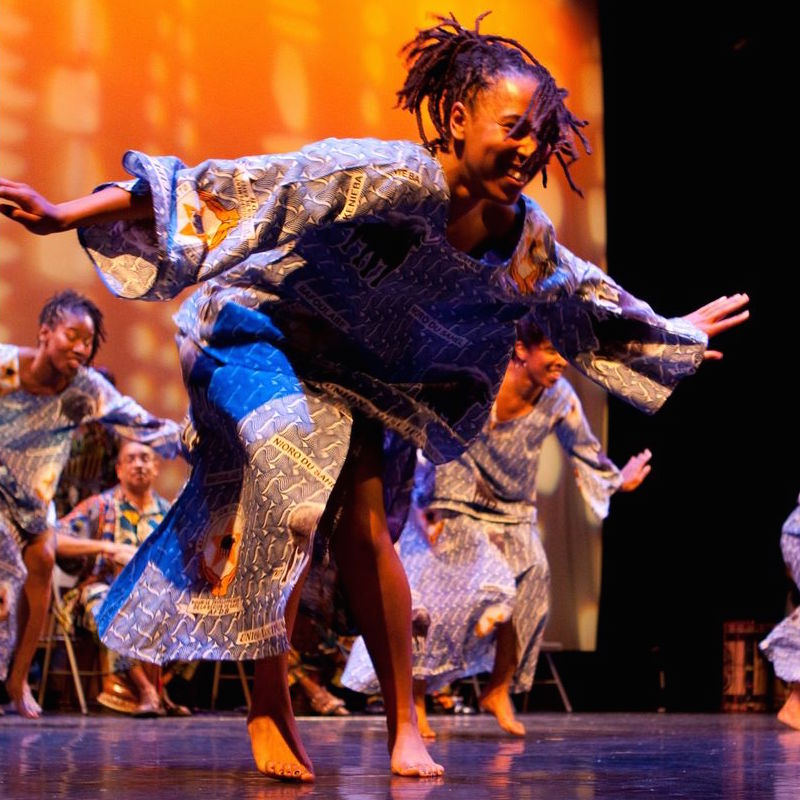Trust Your Gut
Have you ever had one of those days where everything that can go wrong, seems to? How about one of those weeks? For me this happens when I don’t listen to my intuition. That small voice inside my head that says “grab your keys” as we are running out the door to go on vacation. “Nah”, I think “My husband has his. We will be fine”. Then my husband loses his set of keys. And I’m kicking myself for not listening. Or when we get home late after vacation and that little voice says “take the dog out before you go to bed”. “Nah”, I think, “I’m tired. She can wait until the morning”. And the next morning I find a pile of dog poop on the carpet. Again, Why didn’t I listen?
Some people call this Mother’s Wit. My father called it his spidey sense. I think it’s just common sense. There is plenty of research in the field of neuroscience now that shows just how much information our senses are taking in at any given moment and sending to our brain [For more about this check out Blink: The Power of Thinking Without Thinking by Malcolm Gladwell]. Most of it is processed unconsciously, but it still informs our decision making. When something warns us to turn left instead of right or to take an umbrella to work. If there was one thing and one thing only that every one of my clients could take away from our work it would be this: trust your gut. Our bodies hold so much wisdom about ourselves and our environment that we cannot consciously understand.
~
Unfortunately, our cultural biases are often held in our bodies as well. For example, when a woman perceives a man as threatening, and crosses the street to avoid walking past him. She is certainly generalizing that this man is dangerous based on something that she observes about him – size, race, facial expression, body movement, etc. The complicated question remains: Is she wrong? Is she wrong for assuming something about him based on her observations and prior associations? Maybe. But the idea that we can walk through life not judging people is a fantasy. Our brains are wired to do it and we are doing it every second of every day. This is why the idea of being “colorblind” is unrealistic. Race and gender are the first things we notice about a person when we see them. Hence so many of us are uncomfortable when we cannot identify a person’s race or gender, and find ourselves wondering “what are you?” Those who identify as multiracial and/or gender queer deal with the painful fallout of this question on a daily basis. The point is not to be blind to these feelings in ourselves. On the contrary, the point is to bring them out of the shadow and into the light. To take a good hard look at ourselves and our assumptions about other people and question them. If my spidey sense is telling me to cross the street, I probably will in that moment. But afterwards, I will do my best to dissect what it was about this man that triggered my reaction. Was he actually looking at me in a threatening way? Or do I just associate tall, muscled men with danger?
As with most things in life, this is a never ending practice – and a difficult one at that – to truly look inside of ourselves and face the ugly, politically incorrect beliefs and biases that we hold about other people. AND to be gentle with ourselves while we do it.

Tajah Sahar Schall MA, LPC, R-DMT
I provide somatic (body-based), social justice oriented counseling to individuals, couples and families of all sociocultural backgrounds. I support adolescents and their families through the unique and often difficult time of transition by incorporating movement, nature and rites of passage into the therapeutic process.
Location
Both Zoom and In person sessions available in Green Valley Ranch, Denver, CO 80249.
Call for Appointments
(215) 605-0280
